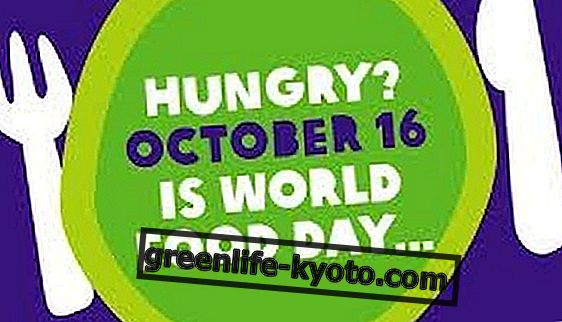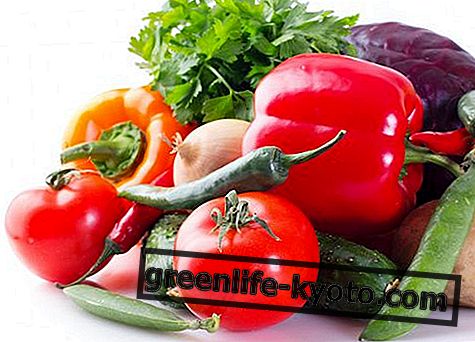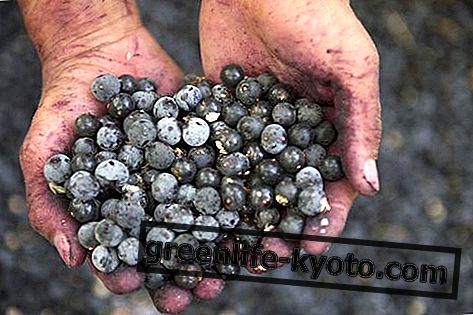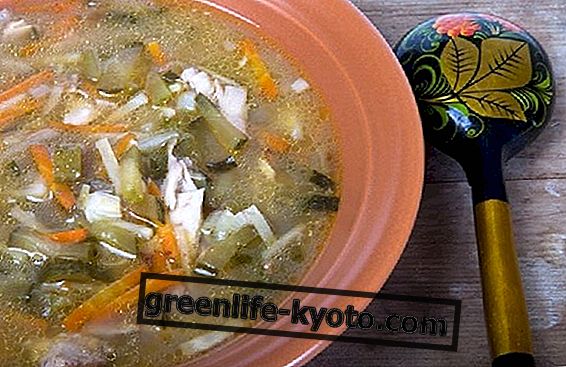Carbo Vegetabilis is a homeopathic remedy derived from vegetable charcoal, useful for those suffering from circulatory disorders, gastric or respiratory disruptions. Let's find out better.

Description of Carbo Vegetabilis
The homeopathic remedy Carbo Vegetabilis originates from vegetable charcoal. The latter, also called artificial coal or charcoal or even charcoal, is a fuel produced by the charring process of wood .
The result gives rise to a substance which has the characteristics required of a fuel, ie which has the property of burning with a strongly exothermic reaction.
The charcoal at room temperature looks like an odorless black powder, insoluble in the most common solvents. The homeopathic remedy Carbo vegetabilis is obtained from the trituration with lactose of the charcoal and from the successive dilutions and dynamizations in a water-alcohol solution.
When using Carbo Vegetabilis
Carbo Vegetabilis has an action that is long and deep and is the right remedy for problems concerning poor circulation, gastric or respiratory disorders, such as asthma. But it is also the remedy of serious states, of the elderly who have not recovered well from traumas, of the last phases of an illness, of agonies.
The homeopathic remedy Carbo vegetabilis is used in the main cases:
- circulatory system problems, bleeding, tachycardia, varicose veins
- gastrointestinal disorders, palpitations, liver disorders, flatulence, constipation, diarrhea, hemorrhoids
- respiratory disorders, colds, asthma, coughs, hoarseness
- atony and muscle weakness, leg cramps
- disorders of the nervous system, anxiety and agitation, strongly disturbed sleep
- headache and headache, hot head and cold scalp, otitis, canker sores
- skin problems, skin ulcers, itching, boils, chilblains
- disorders of the female genital system, weakness during lactation, hemorrhage at the time of delivery, menopause
- problems of the male genital system, cold and sweaty external genitalia
Doses and administration
In all cases 5CH dilution, 3 granules 2 - 3 times a day.
To whom is recommended Carbo Vegetabilis
It is the remedy for those who cannot easily eliminate the carbon dioxide that the body produces through metabolism . They have a defect in the hood, in the draft, so they are unable to expel the products of combustion.
All organs remain intoxicated and the most affected apparatuses are the respiratory, circulatory and gastric ones. But also the central nervous system which is extremely sensitive to air deficiency and oxygenation.
The symptoms that the subject Carbo vegetabilis presents are those typical of intoxication due to an increase in CO2 in the blood: mental confusion, dizziness, visual disturbances, organic weakness, poor vitality, cyanotic skin and lips due to the deficiency of peripheral circulation, cadaverous appearance, turgid, swollen, purplish and pulsating veins.
The subject becomes totally indifferent, shy, inert, lazy; it has a slow ability to think and a weak memory; it has a great desire for air so it needs to be ventilated; has a cough with a burning sensation in the chest; suffers from varicose veins, hemorrhoids, frequent epistaxis. The subject in general is myopic.













